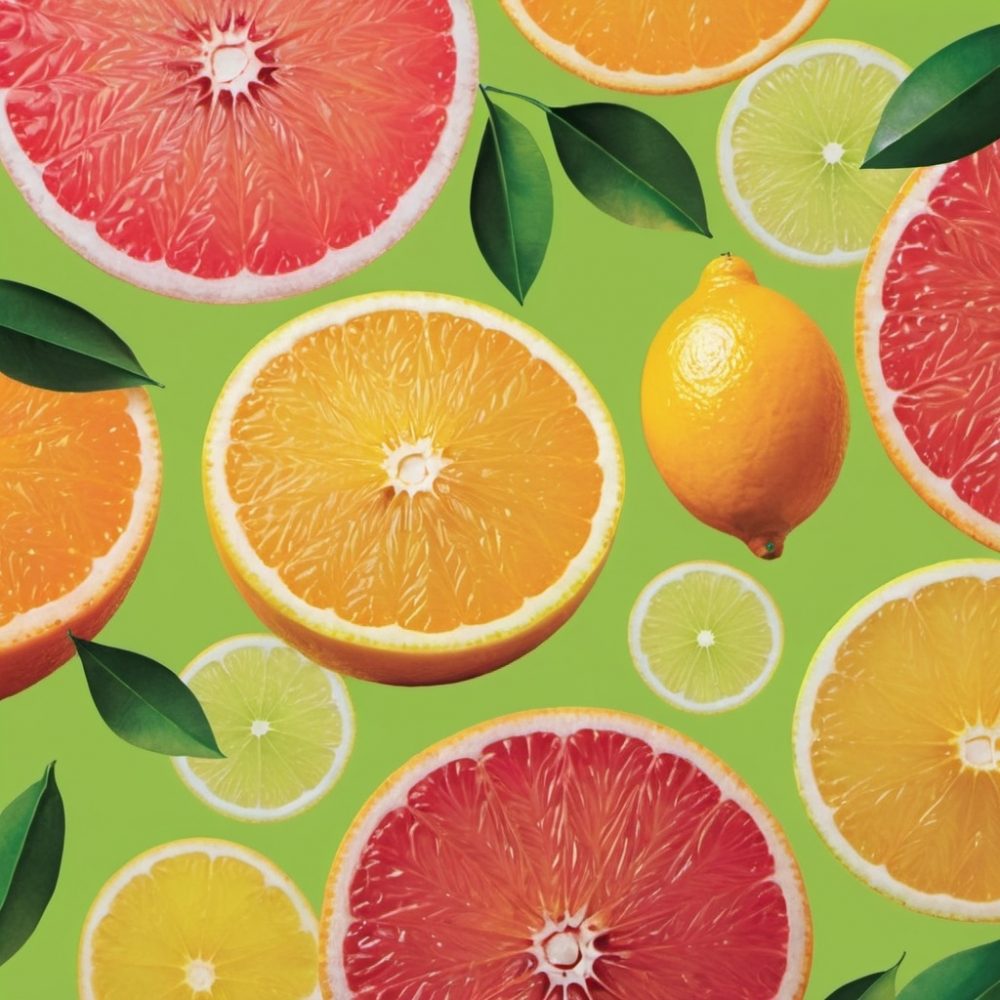
Unveiling Citrus Sourness: A Mystery
Recommended for Biology
Welcome to the captivating world of citrus fruits. Discover the science behind their diverse flavors. Today, we explore a groundbreaking study. It could revolutionize our view of these tangy treats. Let’s peel back the layers. Dive into the details.
Sour Secrets Unpeeled
Citrus fruits like lime, sweet lime, lemon, oranges, and tangerines are staples in diets around the globe, celebrated for their refreshing zest and vibrant flavors. However, anyone who’s ever puckered up after a bite of a particularly sour lemon might wonder why these fruits can taste so different from one another.
Researchers Ronald Koes from the University of Amsterdam and Mikael Roose from the University of California, Riverside, have uncovered the reason behind this sour mystery.
Their collaboration has led to a breakthrough that not only explains why citrus fruits vary in sourness but also opens the door to developing sweeter varieties.
Sour Sweets Science
- Variety of Citrus Fruits: Each fruit tells a story, from the bold lime to the soothing orange. They share a family tree, yet their flavors? Worlds apart. First, limes hit you with their zesty punch. Then, oranges welcome you with a sweet embrace. Despite their diverse profiles, they’re kin. In this realm, contrast is the norm. Every bite, a new adventure.
- Sugar Content Surprise: Surprisingly, both sour and sweet citrus fruits pack the same sugar punch. Here’s the twist: sugar isn’t the sole flavor maker.
- The Role of Protons: Research unveiled the truth. Citrus fruits pack a sour punch thanks to ionized hydrogen, also known as protons. More protons? Expect a sharper tang. It’s a straightforward revelation, shedding light on why these fruits vary in sourness.
- Genetic Influence: Scientists cracked the code on fruit sourness. They targeted CitPH1 and CitPH5 genes. These genes shoot protons into cell compartments, called vacuoles. This process dials up the fruit’s tart taste. It’s all about gene action influencing flavor.
- Historical Context: This isn’t the first time these genes have been studied. Ronald Koes discovered their role in changing the color of petunias back in 2014, showing how these genes affect proton levels and, consequently, the plant’s appearance.
Genetic Citrus Secrets
This study peels away at the mystery of why citrus fruits can taste so differently, attributing the variance to the presence of protons influenced by genetics. It’s a zesty leap forward that not only enhances our understanding of fruit but also paves the way for cultivating sweeter citrus varieties. As researchers continue to unravel the genetic fabric of our favorite fruits, we may soon enjoy citrus delights that are perfectly tailored to our sweetness preferences.
So, next time you enjoy a slice of lemon or a juicy orange, remember the complex interplay of genetics and atoms that makes that flavor possible. In the world of citrus, it seems, there’s always more to discover.
Curious Times is a leading newspaper and website for kids. We publish daily global news aligned to your learning levels (also as per NEP 2020): Foundational, Preparatory (Primary), Middle and Senior. So, check out the News tab for this. We bring kids’ favourite Curious Times Weekly newspaper every weekend with top news, feature stories and kids’ contributions.
Curious Times News Program for Schools for FREE. Over 5,000 schools and teachers from all over the world have joined our programme so that students and teachers can get FREE Educative Newspaper. Here, kids can take part in world events and win prizes and certificates for free through their schools.
The following social media platforms allow you to communicate with us: Instagram.
0 (Please login to give a Curious Clap to your friend.)
